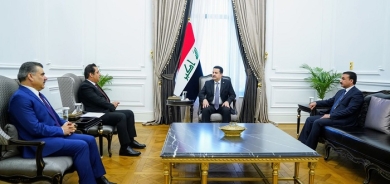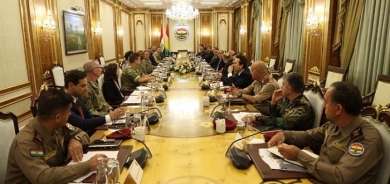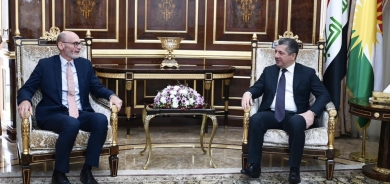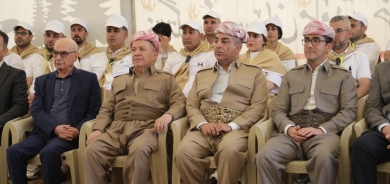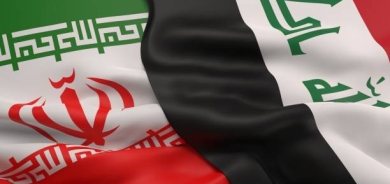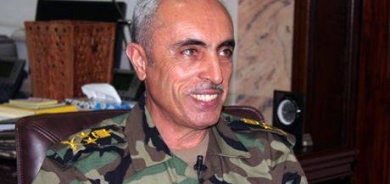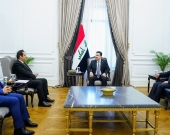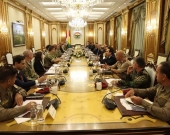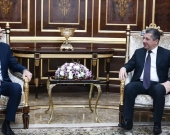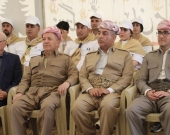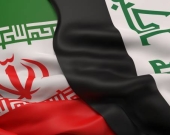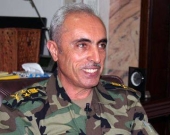With Ban Lifted, Syria’s Kurds Flock to Study Own Language
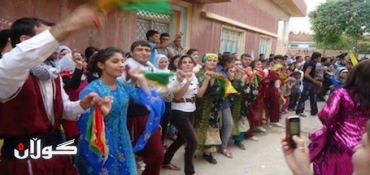
So large is the demand, among the estimated two million Kurds concentrated in Syria’s north, that language teachers are in short supply.
Kurdish language institutes have sprouted in nearly every Kurdish city in Syria, with four alone in Qamishli.
Kurdish classes are offered even at public schools. At Qamishli’s Arabistan school, built by the government in the 1980s, around 500 students are enrolled in Kurdish language classes.
Syria’s Kurdish parties, which have failed to unite under a single banner in the popular Syrian uprising against President Bashar al-Assad, are at least united in their effort to promote their ancestral language.
Following the March 2011 uprising against his regime, Assad agreed to grant citizenship to tens of thousands of Kurds and issued a presidential decree that legalized Kurdish studies in schools.
“All Kurdish parties and civil organizations in western (Syrian) Kurdistan are placing huge importance on promoting the Kurdish language,” said Faisal Yousif, former president of the Kurdish National Council.
“We have been deprived of our basic rights, and now we have the opportunity to revive our language and identity,” he said.
“It is our duty to teach Kurdish to our kids,” said Ibrahim Ahmad, member of a committee to promote Kurdish. He said the only barrier now to learning Kurdish is a shortage of teachers.
“We are in need of more Kurdish instructors in order to further promote the language, and hopefully make Kurdish an official language one day,” Ahmad said.
Yousif agreed that Kurdish should be recognized as a second official language, after Arabic. He wants schoolteachers trained to teach all subjects in Kurdish, from geography to math.
“When I started my Kurdish classes at Arabistan school I felt that I was reborn,” said student Nasrin Osman. “It was a dream come true,” she said.
But not everyone agrees that, at a time when the Kurds are caught up in the war in Syria, and struggling for food and survival, so much emphasis should be paid on learning Kurdish.
“At a time when living expenses have skyrocketed, our political parties should care more about providing enough food for the Kurds, instead of spending money on promoting Kurdish,” said Ahmad Musa, an activist and writer. “We all speak Kurdish anyway!”
By Dilxwaz Pahlawi
Rudaw

